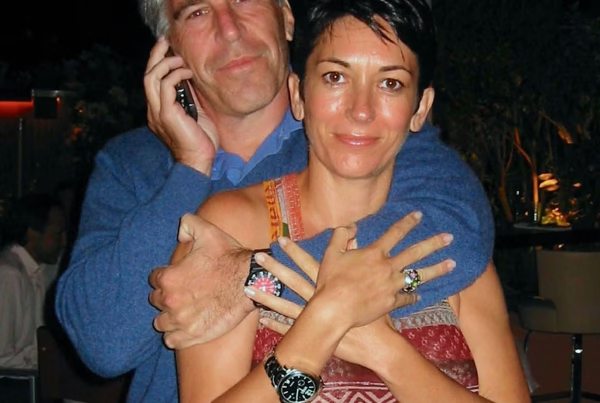Like many of us, I grew up in a culture of shame. Despite my generally progressive upbringing, I was shaped by the sex-negative attitudes of peers, teachers, family, and more. The contempt for female bodies and gender nonconformity I witnessed was palpable. Not being able to live up to the expectations that society holds for you feels terrible.
Taking back my agency through adult work has helped me with that shame a lot. SWers also play a crucial support role for people with stigmatized sexualities because many would otherwise be unable to access sexual connection due to multiple interpersonal and structural layers of soul crushing stigma.
For example, obscenity laws, shamed-based religious dogma, highly rigid gender roles, and repressive upbringings are just a few of the ways that shame and stigma seep in and permeate one’s sense of self. This shame is the water we drink, the air we breathe. It is nearly impossible to grow up completely unscathed by the impact of sexual shame and stigma.
Openly expressing one’s sexuality is culturally shameful even for those who are not kinky. The further you get away from typical conventions, the more stigma is felt. As a kink educator, I witness so much fear from people that they will never find love because of how different they are. If you are someone who feels alienated because of your sexuality, know that you are not alone.
Shaming yourself about what you like only creates more suffering. In my work, I try not to speak about kinks as “good” or “bad.” They just are.
That said, I want to be abundantly clear that I believe in a concrete sense of right and wrong. There are moral absolutes in sexuality. Behaviors that violate the physical, emotional, or spiritual boundaries of those who do not consent or are not capable of giving consent, are wrong. There are some fantasies that are unethical to enact and must remain as such.
And still, there is space for philosophical and intellectual struggle around the grey areas. When we talk about a form of sexual expression as only “good” or “bad” there is a missed opportunity to understand human beings in all of their complexity. There needs to be space for nuance.
With the important exception of informed consent and dignity for all involved, I approach fetishes from a place of ethical agnosticism. I think some things can be “okay” in some cases and “not okay” in others, but it doesn’t change the fact that people are out there, every second of every day, living their complicated, messy, imperfect human lives. The earth keeps spinning.
Our world is full of suffering, injustice, and shame. In fact, those realities sometimes feel too overwhelming to stay with. I think about it often.
What has helped me is learning to stay with that tension. To use the discomfort of not always knowing the “right” answer as an opportunity to learn something new about myself or others. I’d like to offer you the suggestion of staying with that discomfort just a little longer. To see what’s there. Look at all parts and see what they have to say.
Writer Mia Action





